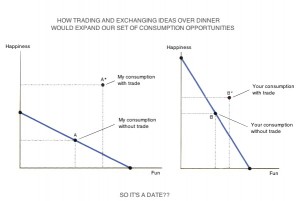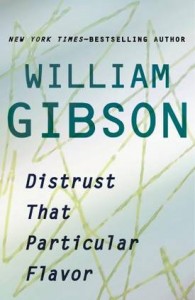Last Thursday was an important day for me, for personal reasons: it was the third anniversary of my quitting smoking.
After about 15 years of heavy smoking — a little over one, but sometimes up to two packs a day — I finally managed to quit in February 2009.
That last attempt at quitting smoking was my sixth or seventh attempt at quitting smoking. The first time I tried to quit smoking, when I was 19, I lasted a few hours. The penultimate time, I did not smoke for about six months.
This leads me to the following little-known fact about quitting smoking:
“Most people who quit smoking for good only do so at their fifth or sixth quitting attempt.”
I had no idea until I walked in my colleague Don Taylor‘s office one day after yet another failed attempt at quitting and said: “Screw it, I don’t think I’ll ever be able to quit smoking.” Don, who is a health policy scholar and who blogs over at the Incidental Economist, responded by quoting the stylized fact above, which is apparently well-known among health policy scholars.
It might be well-known among health policy scholars, but I feel like it deserves to be publicized widely. Every failed attempt at quitting smoking is very disheartening, as it brings a real sense of failure. How many people might have given up on the idea of quitting because of that sense of failure? How many people would have kept going had they been told that most people who quit smoking for good only do so at their fifth or sixth attempt?
If you know anyone who smokes and wants to quit smoking — and what smoker does not want to quit smoking? — the best thing you can do for them is to tell them about the stylized fact above, and not to give up. There is definitely a learning process. And if they want an actual source, they can check out the 1990 report of the surgeon general on smoking cessation.

